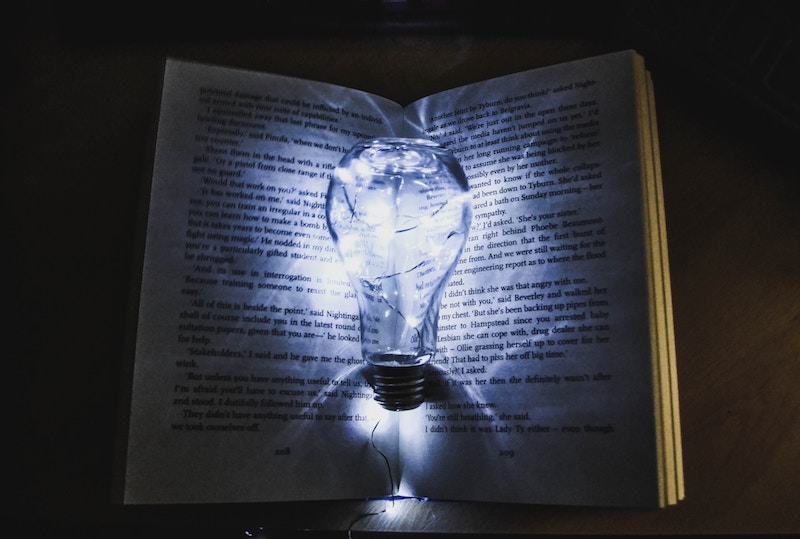Dyslexia undermines Literacy and self-esteem
Weak Literacy undermines survival in today’s fast evolving world. Unlike most other neurological problems, a difficulty learning to read, write, spell can undermine success in school. Students are judged to be good or poor students based upon their abilities with written language. Struggling readers are often labelled by teachers and their peers as lazy, unmotivated, or lacking intelligence. Spelling, grammar and vocabulary in English are less regular and more complex than other languages. However, dyslexia does occur in many other languages.
How common is weak literacy?
The Australian incidence of dyslexia is estimated at 10%.[1] Some 15-20% of Australians struggle with literacy and have some symptoms of dyslexia.[2] Globally, males are diagnosed with dyslexia at 2-3 times the rate of females.[3] A large study of 9,799 UK and NZ children estimates that dyslexia affects 18-22% of boys and 8-13% of girls.[4] Dyslexia affects all socio-economic backgrounds. While more dyslexics are now being diagnosed with increased testing, the incidence of dyslexia is steadily rising.
Many with Dyslexia are Famous, Gifted, Intelligent and Innovative.
- Leonardo da Vinci
- Thomas Edison
- Hans Christian Andersen
- Winston Churchill
- Nelson Rockefeller
- Richard Branson
- Henry Ford
- Steven Spielberg
- Cher
- Tom Cruise.
Who identified dyslexia?
A British ophthalmologist James Hinshelwood in the 1890s. Neurologist Dr Samuel Orton, brought dyslexia to the attention of American educators in the 1920’s.
What are the causes of dyslexia?
Research suggests that dyslexia is caused by a combination of sensory issues. During the last thirty years, thinking has converged on four main areas of difficulty, of which usually more than one is present:
- Visual processing
- Auditory processing
- Balance (Vestibular system)
- Fine and gross motor skills
- Inherited via DNA – yes dyslexia can run in families
Recent research has confirmed the importance of auditory processing for literacy.[5],[6] The eyes, ears, motor and balance systems must all work together smoothly and rapidly to enable fluent reading, writing and spelling. Language is learnt in the ear. Then when a good reader looks at a letter their ears immediately register the corresponding sound. This builds an appreciation of the meaning of that letter, the whole word, the sentence and then the paragraph.
What are some causes?
A slow or irregular cochlea response, mixed (or left) auditory or visual dominance or poor pitch perception can undermine the synchronisation of the ears and eyes and increase the risk of dyslexia. Dyslexics often become discouraged. They are often frustrated because they try so hard but enduringly struggle to learn to read and write. Dyslexics and their parents often hear, “He’s such a bright child; if only he would try harder.”
Multisensory programs work best
The Heritage Academy in Ottawa specialises in students with dyslexia. Uses a multi-sensory teaching approach, they recognise three main types of dyslexia: motor, auditory and visual with the most common being combined auditory and visual dyslexia.[7] In 1996, researchers concluded that dyslexics have deficits in phonological skills, processing speed, motor skills – all problems in skill automisation, which are managed in the cerebellum, which is part of the brain[8]
If you found this article interesting and would like to discover how well you listen, why not try my free Listening Scorecard here
Footnotes
- Australian Dyslexia Association
- The International Dyslexia Association
- Rutter, M., Caspi, A., Fergusson, D.M., Horwood, L.J., Goodman, R., Maughan, B., et al. (2004). Gender differences in reading difficulties: Findings from four epidemiology studies. Journal of the American Medi0063al Association, 291, 2007-2012.
- Rutter et al, Sex Differences in Developmental Reading Disability, New Findings from 4 Epidemiological Studies, JAMA. 2004;291(16):2007-2012.
- Christmann CA, Lachmann T, Steinbrink C. Evidence for a general auditory processing deficit in developmental dyslexia … Speech Lang Hear Res. 2015 Feb;58(1):107-21. doi: 10.1044/2014_JSLHR-L-14-0174. https://www.ncbi.nlm.nih.gov/pubmed/25480527
- Perrachione, et al. Human Voice Recognition Depends on Language Ability, Science, 29 July 2011: 595.DOI:10.1126/science.1207327.
- Hammond. L, Best practice educational programs to support Dyslexia in USA, Canada and UK, for an Australian context. Churchill Fellowship report 2002/2.
- Impaired performance of children with dyslexia on a range of cerebellar tasks. Fawcett AJ, Nicolson RI, Dean P. Ann Dyslexia. 1996 Jan;46(1):259-83. doi: 10.1007/BF02648179.
Photo by Clever Visuals on Unsplash

